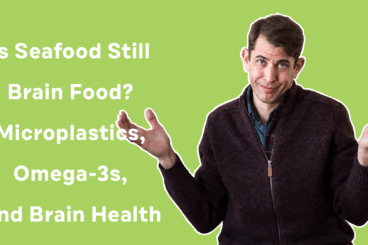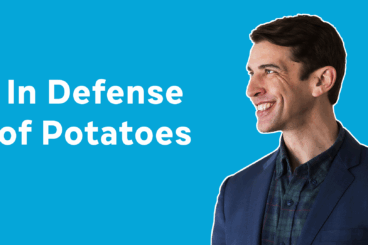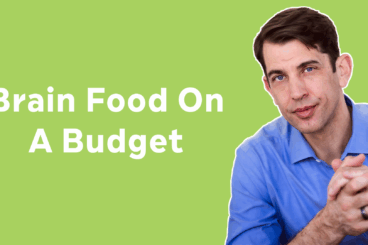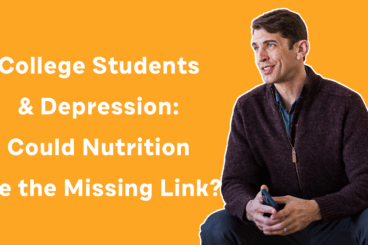2017 witnessed the publication of the first ever randomized clinical trials that tested if dietary change could treat moderate to severe depression.
The SMILES study and recent HELFIMED trial both conclude that it works.
The HELFIMED trial was published just last month, December 2017, in the Journal of Nutritional Neuroscience. The trial followed 152 participants randomized to two groups. The group randomized to the experimental treatment group received a food hamper filled with brain food (olive oil, nuts, beans, canned fish, fresh veggies) along with a Mediterranean based diet cooking class every 2 weeks and took 2 fish oil pills (for a total of 900mg DHA/200mg EPA per day). The control group received supportive group therapy. The intervention lasted for three months and research scales were used to assess the participant’s dietary intake, mood, anxiety, and quality of life (DASS-21, AQoL, PANAS).
The results? The first piece of good news mimics what we see in the clinic – people are really good and changing how they eat – it just takes some thoughtful work. At three and six months, participants in the food intervention group significantly increased their dietary quality scores i.e. they ate more brain food and less processed food, confections and meat. Change happened and it stuck.
The folks who started eating the Medi diet saw their depression scores improve by 45%. Take that in. The researchers calculated that there was a 1.68 times greater improvement compared to the social support control group.
A final neat aspect of this study was the measurement of omega-3 and omega-6 fats in the cell membranes of red blood cells. They found some correlations between increased EPA levels and reduced stress and anxiety and increased DHA with reduced negative emotions. Yes, fatty fish makes you more positive! I don’t use measurements like this clinically, but it is nice to see in the research.
The FDA approves medications for a mental health condition like depression after it is demonstrated to beat placebo in two separate trials (last I checked). Wouldn’t it be awesome if I could prescribe a food hamper and Medi-diet cooking classes for interested patients with depression and insurance covered it? Well, hats off to our brainfood colleagues in Australia for adding a solid piece of evidence to our puzzle.
My hope is that this science helps show you that there are factors under your control, tools like food, that you can start integrating in your next meal to help you, your patients or your loved ones struggling with depression. Because the truth is, all of us have been touched by depression, whether it’s friends, colleagues, family or our own very personal struggle. It is ubiquitous. And this information needs to be out there.
If you’re looking for support integrating more brain food into your diet, consider checking out our e-course, Eat To Beat Depression, or booking a session with our health coach, Samantha Elkrief.




Comments